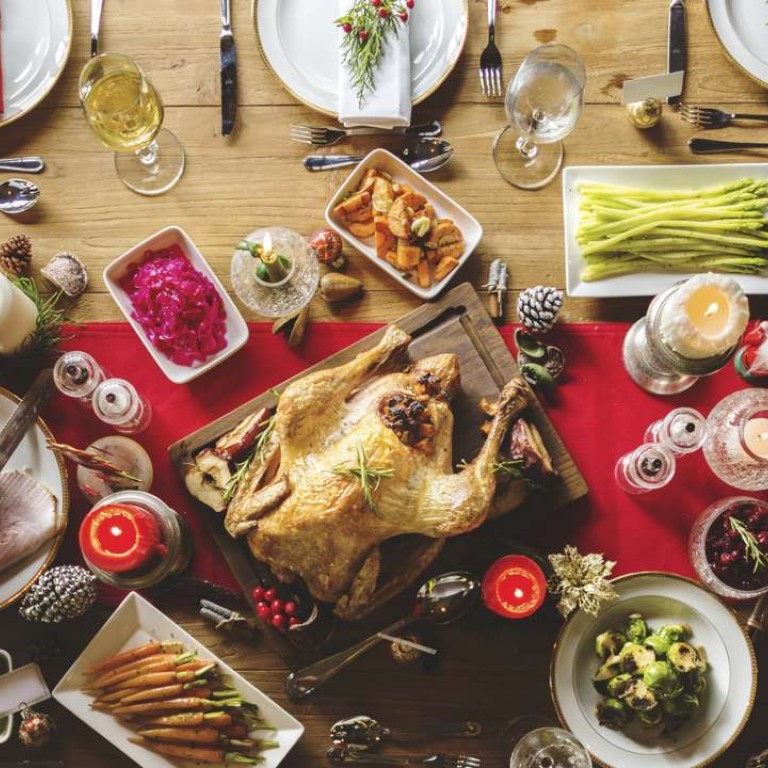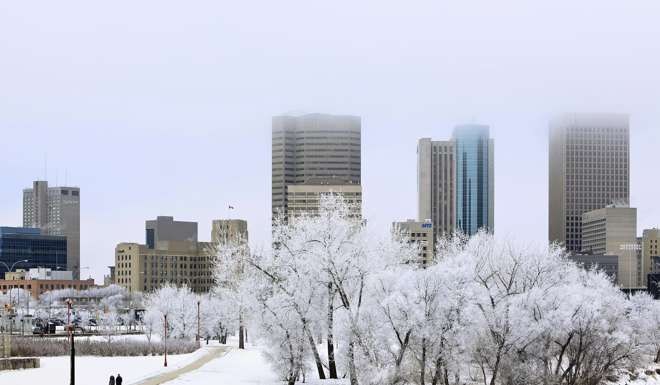
Why are heart attacks more common during Christmas and New Year? And how can you ward them off?
Studies show that our chances of getting a heart attack increase by 5 per cent during the holidays, and it’s not just because we overindulge during holiday meals
Question: Do the Merry Christmas Coronary and Happy New Year Heart Attack really exist?
The straight answer: yes
The facts: the Christmas and New Year period are landmarks on our calendars usually for positive, happy reasons. But for scientists, the winter holiday season marks trouble: a time when deadly heart attacks spike, studies show. The peaks are so distinct around Christmas and New Year’s Day that the phrases “Merry Christmas Coronary” and “Happy New Year Heart Attack” have been coined.
Dr Darshan Mehta, medical director of the Benson-Henry Institute of Mind Body Medicine at Massachusetts General Hospital in Boston, cites a major US national study published in 2004 in the journal Circulation that examined 53 million US death certificates from 1973 to 2001 and discovered an overall increase of 5 per cent more heart-related deaths around Christmas and New Year than at any other time. The study was done by a team at the University of California, San Diego, and Tufts University School of Medicine.
Mehta suggests a number of potential explanations for this trend, chief of them something that has been identified in many studies: colder weather.

“Colder weather leads to increased vascular resistance, coronary spasms, haemostasis [the stopping of a flow of blood] and thrombus [blood clot] formation, and increased oxygen demand,” he explains.
Frail elderly people and people with existing conditions are particularly at risk. Cold weather makes the heart work harder to keep the body warm, and increases heart rate and blood pressure. These can cause changes in the blood that increase the risk of developing blood clots that may lead to heart attacks and strokes.
A 2015 study by researchers at the University of Manitoba in Winnipeg, Canada – one of the coldest cities in the world – tracked local data over six years and found that each 10 degree Celsius drop in temperature was associated with a 7 per cent increased risk of ST-elevation myocardial infarction, the most severe form of heart attack.

But there are other factors too that could contribute to the holiday season heart attack spikes, Mehta notes. These factors include logistical (inappropriate delay in seeking medical attention, reduced levels of health care staffing) and environmental (increased respiratory problems, decreased hours of daylight), as well as lifestyle ones – like increased emotional stress and overindulgence.
“The holidays are among the most stressful times of the year because they can remind us of the loss of loved ones, financial difficulties, being socially isolated or over scheduled,” Mehta says. “There are also uncommon triggers of holiday stress – in many ways, people are often forced to take vacation when they don’t want to (kids are on holiday from school, parents have to find child care) or if there are difficult family/friend relationships that you have to deal with.
“That’s why this is an especially important time of year to take time daily to meditate, practise yoga or tai chi, engage in deep breathing or practise gratitude, because we need to train ourselves to buffer stress.”

Four ways to destress if you’re feeling burdened this holiday season
1. Self-care: mind-body practices such as meditation, deep breathing, yoga and tai chi
2. Engage in enjoyable activities: make time for working out, being in nature, listening to music, etc. For many people, the holidays make it easy to be indoors because of the cold weather, so more opportunities to go outside can be helpful.

3. Be socially connected: spend time with friends and family, reach out to those who might feel lonely at this time of year.
4. Volunteer: we feel best about ourselves when we are helping others, and what better time of the year than the holidays? Especially for those who have experienced loss over the past year, it’s a great time to start new traditions. We can begin by recognising that our troubles are not nearly as big as others’ and that individuals can make a difference by giving back in small ways.

